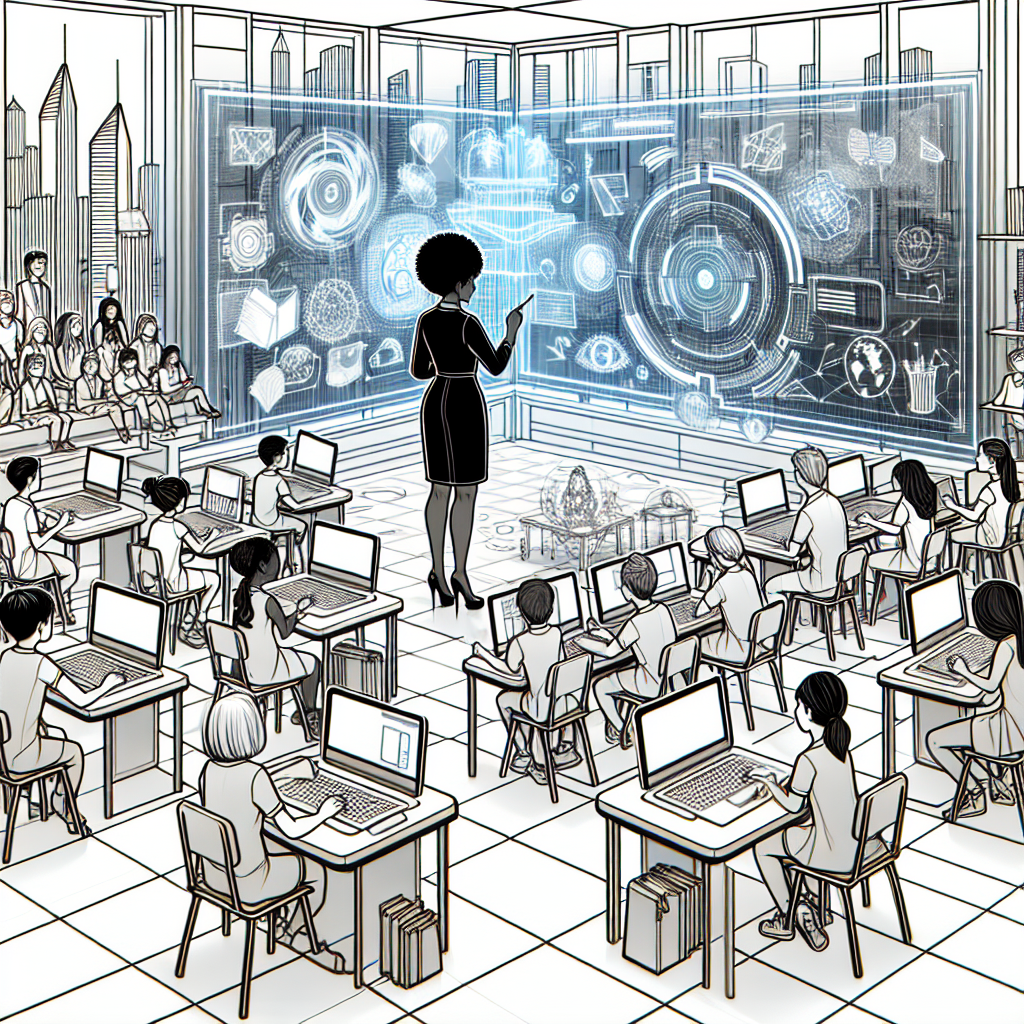The landscape of education has experienced a seismic shift over the last decade.
The traditional classroom setting has seen a gradual transition towards a more digital, innovative environment. Currently, the incorporation of technology into education is becoming the norm rather than the exception.
From online courses to mobile learning and artificial intelligence, technology is reshaping the future of education, making it more personalized and accessible to learners worldwide.
A highlight of this transition is the rise of personalized learning. Personalized learning tailors the educational experience to each student’s unique needs and learning pace.
It recognizes that each learner is unique and uses technology to provide a custom-fit education that suits each student’s learning style, pace, and interests.
One of the ways technology is facilitating personalized learning is through Learning Management Systems (LMS). These platforms allow instructors to create unique learning paths for each student, track their progress, and provide timely feedback. It facilitates differentiated instruction, addressing each student’s strengths and weaknesses.
This leads to a more engaged, motivated learner, boosting academic outcomes and satisfaction.
Another significant trend in future education is the use of artificial intelligence (AI). AI can adapt instructional content based on the learner’s performance, making learning more interactive and responsive. For instance, AI algorithms can analyze a student’s response to a question and provide appropriate feedback or additional resources to help them understand better.

Virtual and augmented reality are also making waves in the educational landscape. These technologies can create immersive, interactive learning environments that mimic real-world scenarios. For example, a student studying anatomy can use virtual reality to explore the human body in a 3D environment, making learning more engaging, practical, and memorable.
Furthermore, mobile learning is another essential aspect of future education. With the widespread use of smartphones and tablets today, learning is no longer confined to the four walls of a classroom. Students can access course materials, participate in online discussions, and even take assessments from anywhere, anytime, promoting a more flexible, learner-centric education model.
However, it’s essential to acknowledge the challenges that come with integrating technology into education.
These include issues of data privacy, the digital divide, and the need for proper teacher training.
Comprehensive policies, regulations, and professional development programs are crucial to addressing these concerns and ensuring that technology is used effectively and ethically in education.
In the future, we can expect the trend of personalized, technology-driven education to continue. The rapid rise of edtech start-ups indicates that the demand for innovative educational solutions is steadily growing. As the industry evolves, it will be exciting to see how new technologies and pedagogical approaches will further revolutionize learning.
Despite the uncertainties and challenges, the future of education looks promising. As technology and education continue to converge, we will see a more personalized, flexible, and inclusive educational landscape unfold.
It’s an exciting time for learners and educators alike, as they navigate this brave new world of digital learning.
In a nutshell, technology is not just changing the way we teach and learn; it’s transforming the entire education system. It’s making education more accessible, engaging, and personalized, truly catering to the 21st-century learner.
The future of education is here, and it’s digital.